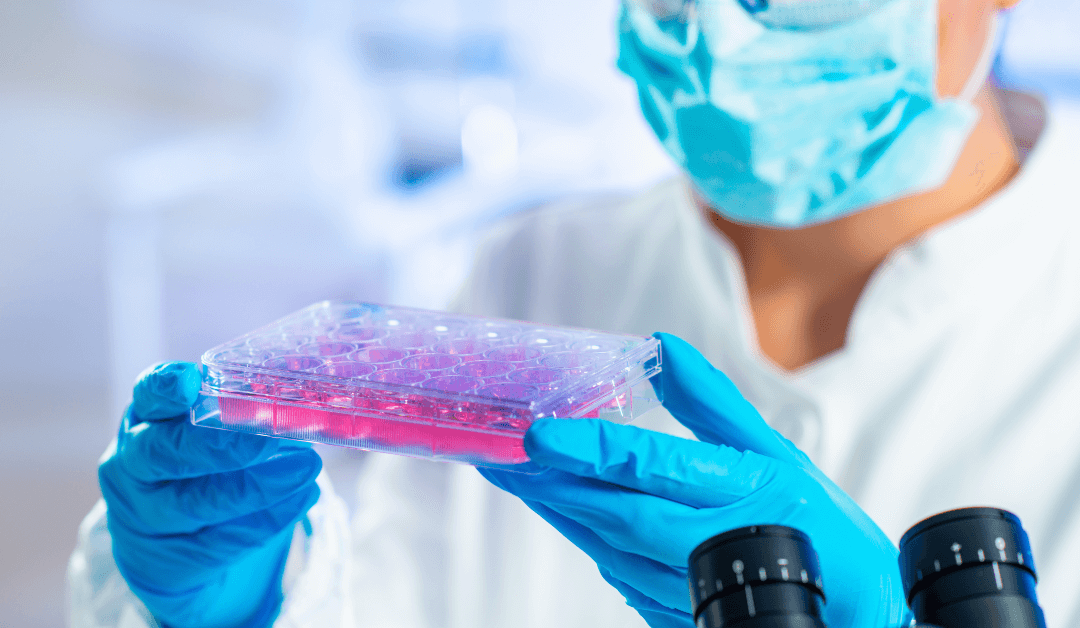Autoimmune disease consists of conditions where the patient’s immune system generates cellular and antibody responses to substances and tissues that are naturally part of the body. This may be specific to one organ, or involve a particular tissue in different places. Due to this immune response, damage to different organs can occur. While autoimmune diseases tend to be chronic and there is rarely one specific treatment, there are ways to manage the disease and its symptoms. There are many symptoms of autoimmune diseases which have been shown to respond to stem cell therapy; types of autoimmune diseases that have responded to stem cell therapy either in animals or humans include rheumatoid arthritis, multiple sclerosis, and lupus. Read on to learn more about how stem cells can be used to treat autoimmune disease symptoms. To learn more about stem cell injections, call Mattos Medical Group in Tampa today!
How Stem Cells Help With Autoimmune Diseases
As of right now, autoimmune conditions are typically treated with immunosuppressive agents such as steroids, methotrexate, cyclosporine, gold, and infliximab (Remicade). Even though these approaches assist with temporary improvement, these approaches hold the possibility of long-term adverse effects, along with the continued need for life-long treatment. Stem cell therapy has been demonstrated to produce profound healing activity in animal testing when it comes to different forms of autimmune disorders. Besides being able to heal damaged tissues, stem cells also have the ability to assist in modulating the immune system in order to shut off pathological responses while they preserve their ability to fend off diseases. This means that stem cells hone into inflamed tissue and begin to produce anti-inflammatory agents, acting as local mediators that do not suppress the immune response of the patient’s whole body. Moreover, some types of stem cells also induce the production of T regulatory cells, which are a type of immune cell whose job is to protect the body against immunological self-attack.
Stem Cells Treat Autoimmune Disease Symptoms
The majority of stem cell injections for auto-immune diseases are transplants of the patient’s own (autologous) stem cells. This type of therapy is much more accessible to many patients since there is no need to search for a matching stem cell donor. The majority of adult patients today undergo autologous transplants with stem cells harvested from their bone marrow or peripheral blood or adipose. Another benefit of patients using their own stem cells is that the transplant will necessitate less severe chemotherapy conditioning, which reduces the risk of complications. Here at Mattos Medical Group, we are committed to helping patients who suffer from debilitating chronic diseases such as multiple sclerosis and different forms of arthritis. Stem cell therapy offers exciting new possibilities when it comes to treating autoimmune conditions, and we have seen many promising results with our patients through the utilization of stem cell therapy.
Contact Us Today
Stem cell injections have shown promising results in treating autoimmune disease symptoms and aiding in the treatment of chronic conditions. To find out more about stem cell therapy in the Tampa area, call Mattos Medical Group today.

